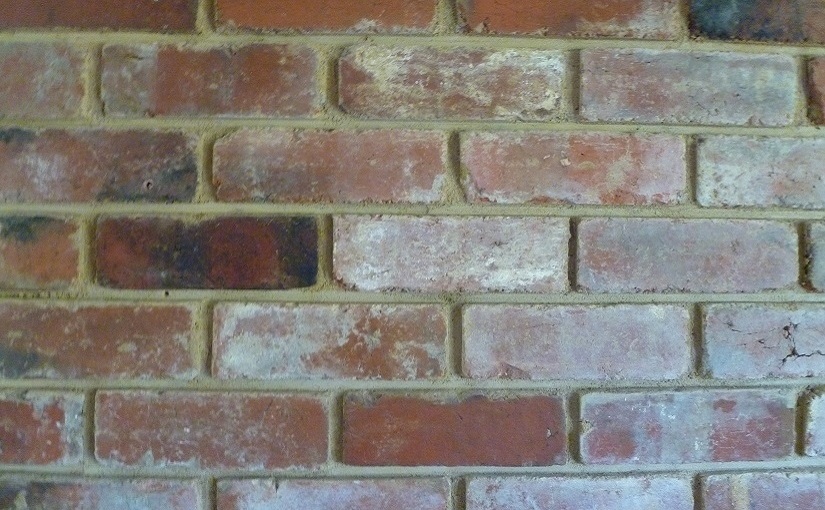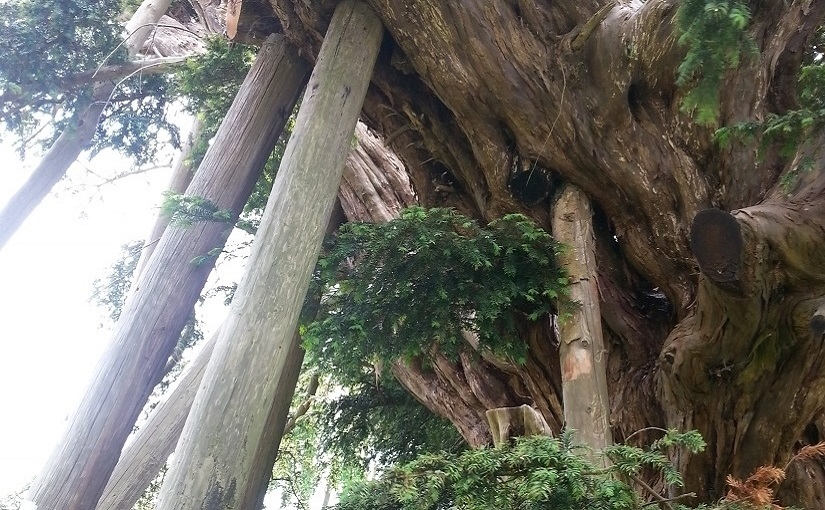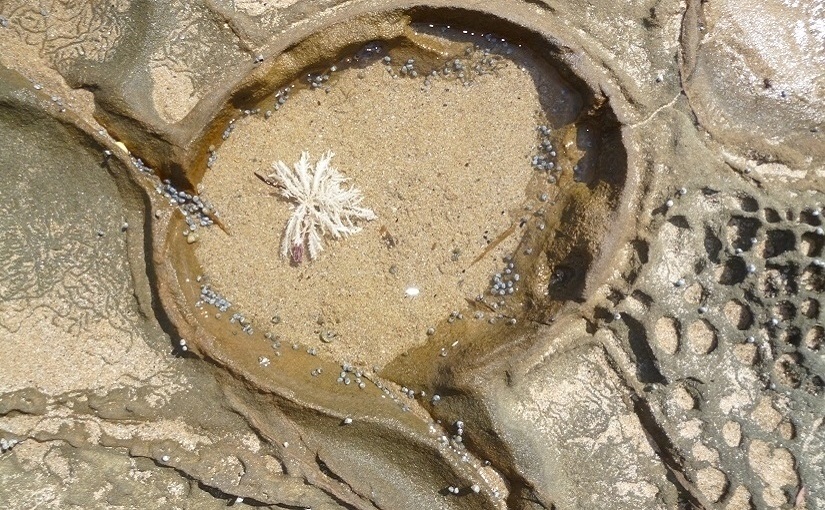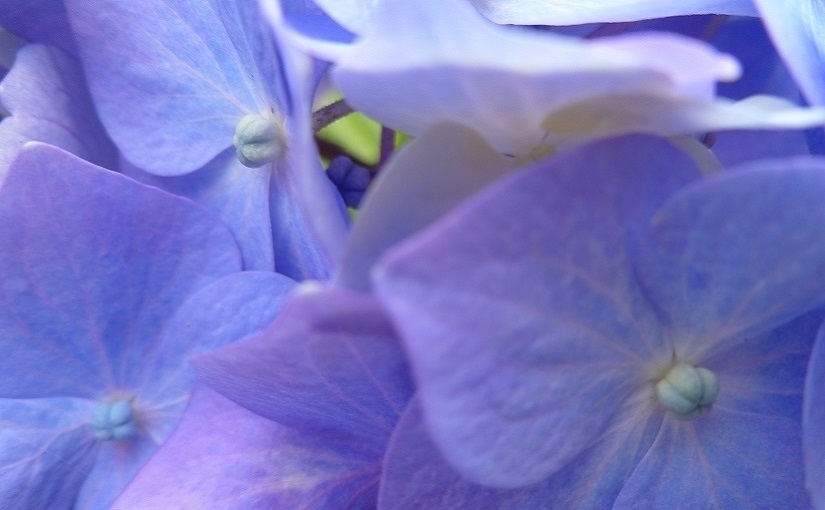This post is a bit of a sidestep from things I’ve talked about so far, but it’s into territory that in many ways does relate to those other ideas. My focus here is modern living situations such as house shares, subdivided properties, or shared developments; and how, for many reasons, it seems we’re moving toward sharing ever-closer spaces which – while steering clear of the social ethics of modern economic practices – must surely have an impact on how we experience our homes, our privacy, and our social relationships.
It’s one of those essential human requirements: a home; somewhere to feel secure and free to do as you please; a place to take care of and also to display your values within your environment. It seems central to a person’s sense of self and their place in society. I mean, how we choose to be in relation to others shows what matters to us and the contribution we make through how we live. Maybe these are slightly old-fashioned or idealistic notions; but, as discussed in The challenge of community, what takes place around us is a reality we create together. Home, community, environment, and social ties are important issues, but ones that seem increasingly strained, individualistic, and commercialised.
As existing properties are subdivided (with varying degrees of concern over adequate storage, soundproofing, and sensible outside spaces) or replaced with shared developments (again, often showing greater regard for profit than for creating wise or beautiful dwellings), it seems economic realities are pushing people towards having to ignore or infringe upon others through little fault of their own (see also, Values and the economic).
Does it matter if we live in a way that encourages us to disregard others? Where your desire to “do as you please” comes at the cost of another’s “quiet enjoyment” of their own space? As explored in Antisocial behaviour & the young, modern society seems to lack a clear conversation around what’s socially acceptable and how to co-exist happily in common areas; and that cannot be helped by ill-conceived accommodation.
What I’m really talking about is intentions. To me, home and community are places where humans get to “be” and to share that with others; where we can show interest, concern, responsibility, and respect for other people and for our shared spaces. And, as I said to start, this connects to many other discussions such as Community – what it was, what we lost on social change; Reality as a sense check when I talked of hidden impacts; or Attitudes to elder members of society which is essentially about human worth.
In all this, my concern is human realities; and while there are clearly economic forces at play, which I may address at some point, the social consequences cannot be dismissed as insignificant. How we live with one another, create a sense of community, and foster genuine social connections seems a real challenge of modern times; and I wonder whether it’s possible to shape that in a more human direction.










